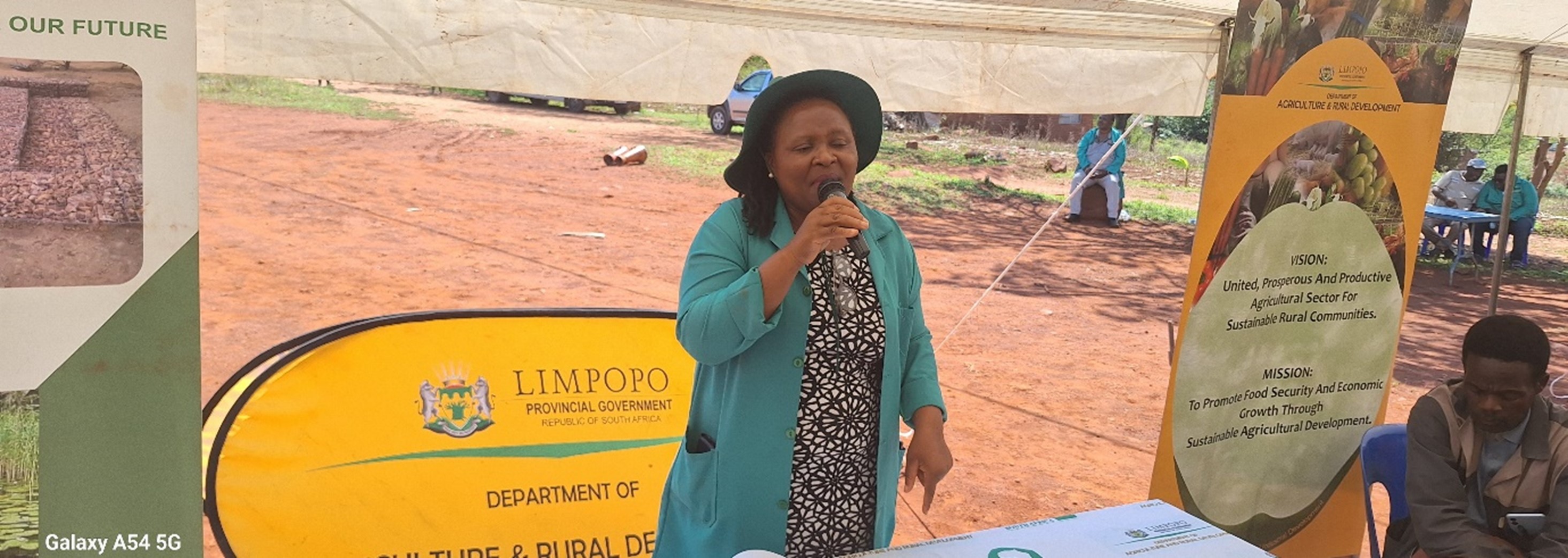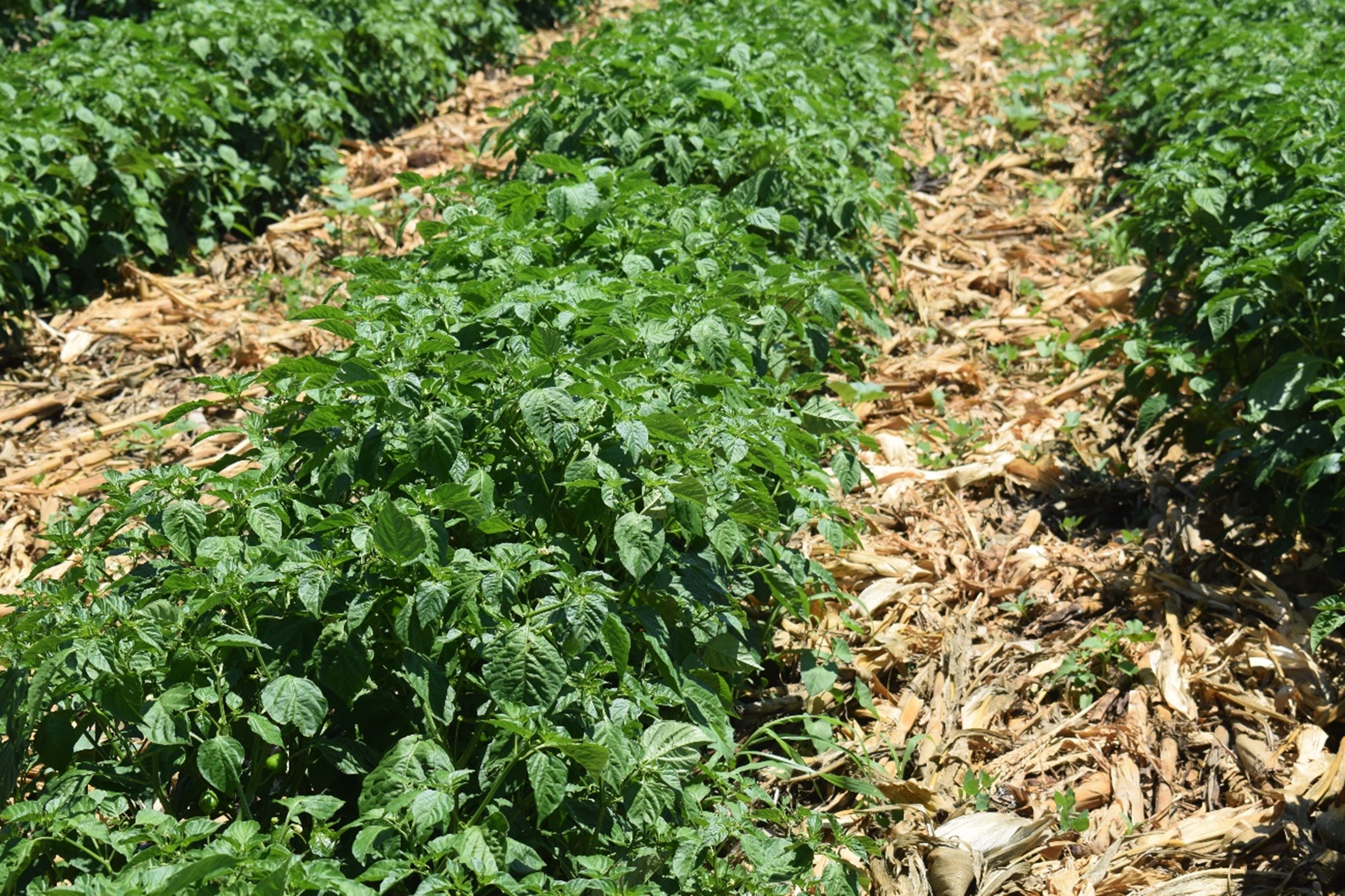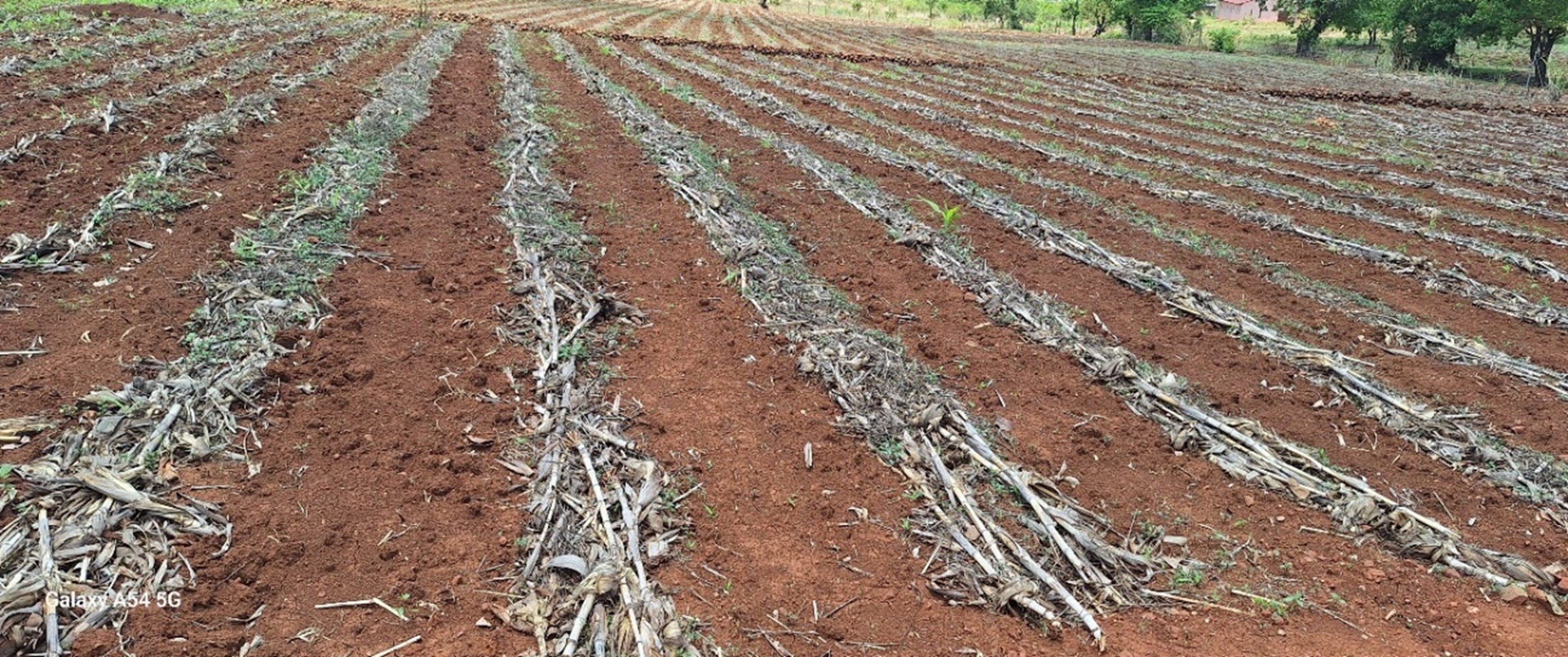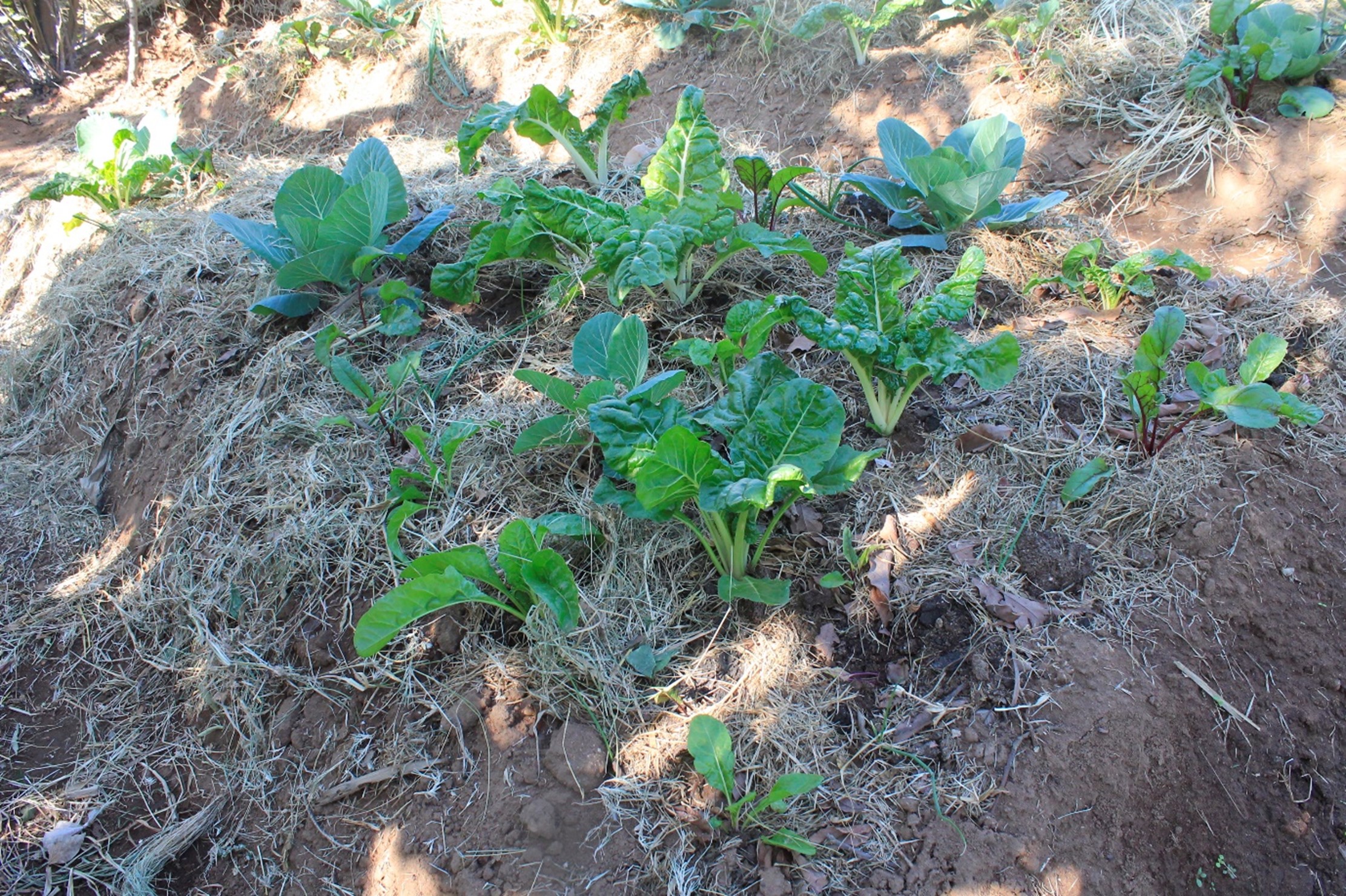By Tshifhiwa Muifha

A clarion call for the use of a Conservation Agriculture (CA) as opposed to conventional method begins to yield positive results.
Classical examples of projects running successfully under CA practices include: Tomolatshene Landcare project from Makondo village, Mutangawandodzi Landcare in Tshivhilwi project, and Muphulusi Landcare project in Gokolo village within Thulamela Local Municipality in Vhembe District.
Farmers who held back by conventional method were given an opportunity to embark on an exposure visit to projects practicing Conservation Agriculture in the District, on 01 November 2024. The mission sought to expose the conventional practicing farmers to principles and practices of CA for sustainable farming techniques.
During the visit, farmers had an opportunity to see successful conservation agriculture practices in action. They received first hand demonstrations of key techniques, such as minimal soil disturbance popularly known as no till, crop rotation, and the permanent soil cover.
Nyawasedza Munyangane of Muphulusi Landcare project described conservation agriculture as one of the cheapest farming methods, a method that enhances soil health leading to improved crop yields. On 2 ha piece of land, Nyawasedza boasted of harvesting 39 bags of maize in 2023 through conservation agriculture.
In comparison with modern intensive agriculture, the benefits of conservation agriculture include increased yields, reduced production costs emanating from investment and machinery maintenance costs, provision and sustenance of healthy soils, and carbon sequestration.
Addressing the farmers, Thivhavhudzi Nekhavhambe, Deputy Director for Landcare and Land Use Management in Vhembe District, encouraged farmers to practice conservation agriculture. “Not only does conservation agriculture guarantees maximum productivity and address poverty, but it also addresses the challenges such as soil degradation and climate change. Conservation Agriculture is an approach that helps manage agro systems for improved and sustained productivity. It is amongst agricultural methods that has the potential of preserving the environment for the future generations”.
Dr Mmboswobeni Mankhili of Tomolatshene Landcare project thanked the department for their continued and unwavering support to the farming communities within the district. “We are currently experiencing the realities of climate change worldwide. It is upon farmers to farm in a way that respond to climate change and its challenges. Minimum soil tillage, leaving crop/harvest residues for soil cover, maintaining crop rotation are some of the practices to ensure and protect crops from the aftermath of climate change,” said Dr Mmboswobeni.

One of the benefits of conservation agriculture include increased yields.




